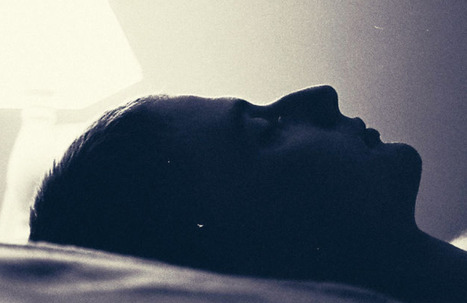The average person spends one-third, or 36%, of their lives sleeping. That means if you live to be 90, you spend about 32 years asleep.
"What that 32 years is telling us is sleep, at some level, is important, and yet for most of us, we don’t give sleep a second thought," says Russell Foster, a circadian neuroscientist, in his massively popular TED talk titled, "Why Do We Sleep?" "We throw it away. We just don’t think about sleep."
Since sleep and its role in our lives is still mostly a mystery, those hours we rest are, unfortunately, thought of as a waste of time in our always-on, connected world. As the famous saying goes, "money never sleeps," so those who can find a way to "cheat" sleep are accoladed for their "secret to success"—as if getting by on less sleep is accomplished through sheer determination.
Via The Learning Factor



 Your new post is loading...
Your new post is loading...










We shouldn't wear lack of sleep like a badge of honour. Our brains are actually doing important work to make us more successful as we snooze.